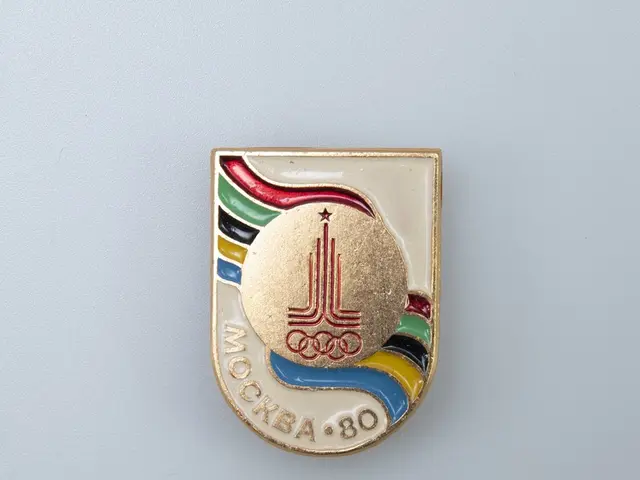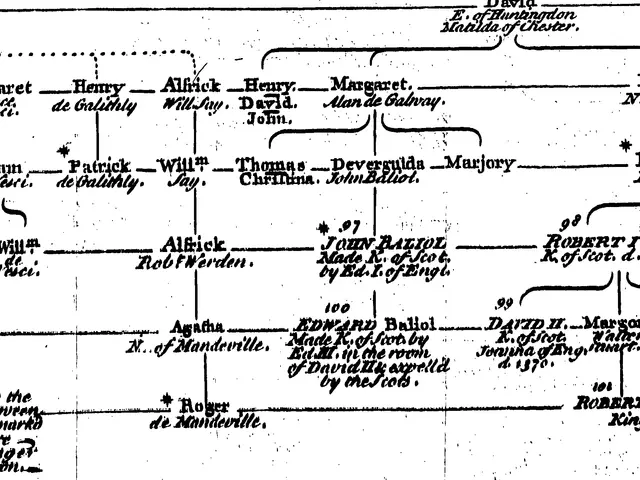Burning Tensions: IAEA Chief Warns Against Striking Iran's Nukes
Nuclear facility threat against Iran cautioned by International Atomic Energy Agency head - International Atomic Energy Agency Head Issues Alert Regarding Potential Strike on Iran's Nuclear Sites
In the heat of the ongoing dispute, the head of International Atomic Energy Agency (IAEA), Rafael Grossi, issues a stern warning to Israel, cautioning against assaulting Iran's nuclear facilities. Notably, these facilities are well-guarded, and a mere "massive, destructive force" could harm them, according to Grossi's remarks to Israeli broadcaster i24news. Grossi stresses that such an attack could lead to unexpected consequences.
He also elaborates to the "Jerusalem Post": "An attack could serve as a catalyst, having a unifying effect, strengthening Iran's commitment to acquiring a nuclear weapon or exiting the Nuclear Non-Proliferation Treaty." The top UN nuclear inspector made this statement on behalf of the Iranians themselves.
Grossi implores Tehran to open up about its controversial nuclear program. Iran insists that its nuclear program is strictly for peaceful purposes. However, international governments hold suspicions that Iran's leadership seeks to develop nuclear weapons.
"We're losing track of it"
Since Iran suspended its collaboration with the IAEA, there is a lack of insight into the progress of its nuclear program. Grossi voiced concern: "We've lost sight of it, but the activities have never ceased."
In 2015, Iran agreed to substantially restrict its nuclear program in exchange for the removal of western sanctions. However, Donald Trump, then-US President, withdrew from the agreement in 2018, leading Iran to escalate its nuclear facilities and cut back on its IAEA cooperation.
Currently, the US and Iran are engaged in negotiations over Iran's nuclear program, with potential talks looming in the near future. Trump stated that talks would resume on Thursday, but reports also surfaced of weekend talks. Trump previously threatened Iran with military action if no agreement was reached. Israel too is making preparations for a possible strike.
- IAEA
- Chief
- Israel
- Nuclear Program
- Iran
- Rafael Grossi
- Nuclear Facility
- Nuclear Dispute
- Vienna
- Donald Trump
- Jerusalem Post
By the Numbers:
- 2015: Year Iran agreed to restrict its nuclear program in exchange for the lifting of western sanctions
- 2018: Year Donald Trump withdrew from the deal, leading Iran to escalate its nuclear activities
- Ongoing: Negotiations between the US and Iran to limit Iran's nuclear program
Further Reading:
While Iran maintains that its nuclear program is purely peaceful, Western governments suspect the Iranian leadership has ambitious nuclear weapons aspirations. The U.S. has proposed restrictions on Iran's nuclear activities, including a total halt to uranium enrichment on Iranian soil. Iran, however, has opposing views on several provisions of the U.S. proposal [3]. The ongoing negotiations have been marred by challenges but are still expected to continue [2]. The International Atomic Energy Agency (IAEA) has stated that Iran is not adhering to its nuclear non-proliferation obligations, further deepening tensions [1]. This situation has raised the likelihood of potential military strikes, as Israel is pondering military action against Iran's nuclear facilities, a scenario that might be impacted by ongoing diplomatic efforts [1][2].
The Commission is also proposing to extend the scope of the programme to include the areas of science, medical-conditions, politics, and general-news, in light of the ongoing nuclear dispute between Iran and the international community.
IAEA Chief Rafael Grossi, in his ongoing efforts to promote transparency regarding Iran's nuclear program, has expressed concern that the lack of insight into the progress of Iran's nuclear facilities has led to an unfortunate loss of track of their activities.








